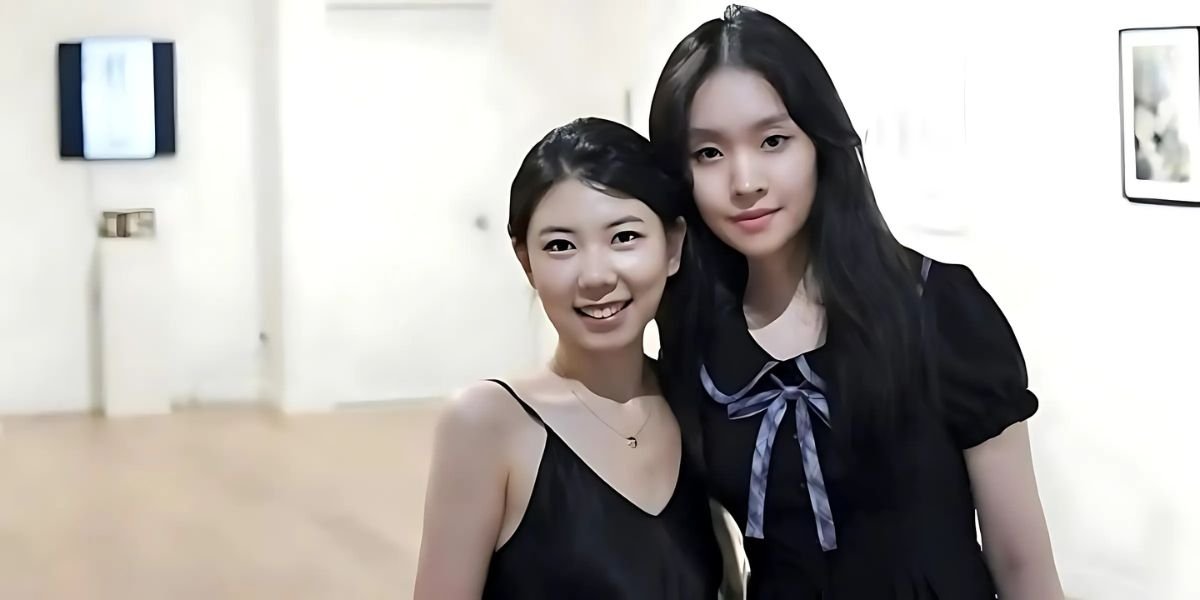Acting, at its very essence, involves navigating a delicate balance: bringing truth and authenticity to circumstances that are entirely fictional. A performer steps into a created world, embodies a character, and speaks words written by someone else, yet the audience must believe in the reality of the experience unfolding before them. This remarkable transformation from text to believable life hinges on a powerful, often unseen, tool: a rich and active imagination. It is the bridge between the actor’s personal reality and the given circumstances of the play. Central to cultivating this imaginative engagement is a technique widely embraced by actors: the “Magic If.” This core concept encourages performers to ask a profound and deceptively simple question, “What if I were in this situation?” This allows them to engage deeply and personally with the fabricated realities of the play, imagining how they would genuinely react.
Read also: The Actor’s True Core: Unlocking the Inner Creative State for Authentic Performance
The Actor’s Innermost Tool: Cultivating a Vibrant Imagination
For anyone stepping onto a stage or in front of a camera, imagination serves as an indispensable tool, the very bedrock upon which compelling performances are built. It is not merely about daydreaming or conjuring fanciful images; for an actor, imagination is an active, disciplined faculty. It allows a performer to fully inhabit the shoes of another person, to truly grasp their inner world, and to understand the specific environment and time in which they exist. Without a vibrant imagination, an actor might simply present a series of poses or recite lines without true conviction, leaving an audience detached from the story.
An actor’s imagination enables them to build a complex, three-dimensional world from the bare bones of a script. It helps them envision the character’s past, feel the weight of their experiences, and anticipate their future. This mental construction allows for a deeper connection with the emotional landscape of the character, fostering genuine empathy that translates into nuanced and believable behavior. A performer uses imagination to paint vivid pictures in their mind: the chill of a winter morning in the play’s setting, the particular scent of a character’s childhood home, or the specific sound of a loved one’s voice. These detailed mental images, crafted through deliberate imaginative work, help to ground the performance in a rich, inner reality. Unlike passive dreaming, an actor’s imaginative work is highly intentional and directed, serving the specific needs of the play and the character. Through dedicated training and consistent practice, individuals can sharpen this vital inner tool, making it more responsive and powerful for the demands of performance.
The Core Question: Unlocking Truth with the “Magic If”
At the heart of an actor’s imaginative work, especially within the tradition of realistic performance, lies the “Magic If.” This technique, popularized by the renowned acting teacher Konstantin Stanislavski, is deceptively simple in its premise but profound in its effect. It centers on a single, powerful question that an actor poses to themselves: “What if I were in this situation?” The significance lies in the personal engagement it demands. It does not ask the actor to become the character, or to simply pretend they are the character. Instead, it invites the performer to mentally step into the character’s given circumstances—the specific facts, relationships, history, and environment provided by the script—and imagine how they themselves, with their own unique psychology and life experiences, would genuinely react if those circumstances were their personal reality.
By asking “What if I were in this situation?”, an actor bridges the gap between their own lived experience and the fictional world of the play. This internal exploration helps to unlock authentic emotional and behavioral responses. For instance, if a character has just received devastating news, the actor does not just mimic sadness. Through the “Magic If,” they imagine themselves receiving such news, allowing their own personal reservoir of feelings and reactions to resonate with the fictional event. This method ensures that the actor’s responses are organic and truthful, rather than being forced or generalized portrayals of emotion. It helps to avoid clichés and encourages a unique, personal interpretation of the character’s journey. The “Magic If” creates a strong, personal connection to the dramatic situation, transforming intellectual understanding into felt experience, which is essential for bringing a character to vivid life for an audience.
Weaving Reality into Fiction: Applying the “Magic If” in Practice
Applying the “Magic If” in practice involves a continuous, deep exploration of the character’s world through the lens of one’s own imagination. An actor might systematically work through various given circumstances of a play, asking the “What if” question for each significant event or relationship. For instance, if a character is facing a profound loss, a performer might ask, “What if I had just lost the person most important to me?” This might involve recalling personal experiences of grief, or imagining such a loss with intense detail, allowing those sensations to color their performance. Similarly, if a character achieves a great triumph after years of struggle, the actor might ask, “What if I had just achieved my life’s greatest ambition against all odds?” This can help to explore feelings of elation, relief, or even a sense of disbelief with authenticity.
This technique is invaluable for delving into emotional depth and finding genuine behavioral responses. It pushes actors beyond superficial portrayals, encouraging them to find specific, personal connections to the character’s internal life. If a character is betraying a friend, an actor might imagine, “What if I had to betray someone I cared about for a greater cause?” or “What if I was betrayed by a close friend?” Such questions bring the situation home, allowing the actor to explore the nuanced feelings of guilt, justification, anger, or pain that might arise. This process helps to create organic choices in how a character moves, speaks, and reacts, ensuring that every gesture and vocal inflection feels earned and rooted in truth. It prevents performances from feeling generic or forced, instead imbuing them with a compelling sense of individual reality that deeply resonates with an audience.
Read also: How to Prepare for Your First Acting Roles and Make a Good Impression
Beyond the Scene: Imagination’s Broader Role in Performance Craft
The power of imagination, while critically applied through the “Magic If,” extends far beyond individual scene work; it permeates nearly every aspect of an actor’s craft and the broader performance process. Imagination is fundamental for building a complete character backstory that might not be explicitly detailed in the script. An actor can imagine the character’s childhood, their early relationships, their dreams, and their disappointments, creating a rich inner life that informs their present actions. This detailed imaginative work helps to infuse the character with a sense of history and depth, making their motivations and reactions more understandable and believable.
Beyond individual character work, imagination allows a performer to envision the entire world of the play—its physical environment, its societal norms, its prevailing mood, and its unique atmosphere. An actor might imagine the smells, sounds, and textures of a historical period, or the specific feeling of a futuristic landscape, allowing these sensory details to influence their physical and vocal choices. Imagination also plays a vital role in developing nuanced relationships with other characters on stage. By imagining the shared history, unspoken dynamics, and evolving emotions between characters, performers can create authentic connections that drive the narrative forward. It is also key in understanding and playing the subtext of a scene—the unspoken thoughts, desires, and intentions that lie beneath the surface of the dialogue.
During rehearsals, imagination supports spontaneous improvisation, allowing actors to explore new choices and deepen their understanding of a scene without being confined solely to the written text. It is a continuous process of discovery that encourages problem-solving and creative exploration. Throughout an actor’s career, the cultivation of imagination remains a constant pursuit. It is through this vital inner work, particularly sparked by the insightful question of the “Magic If,” that actors manage to transform artificial circumstances into profoundly felt realities for themselves and, by extension, for everyone watching, truly transporting audiences into the heart of the story.









